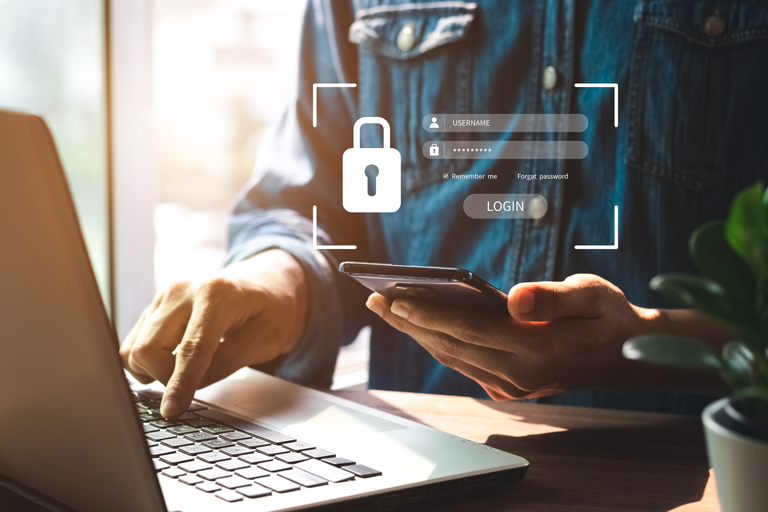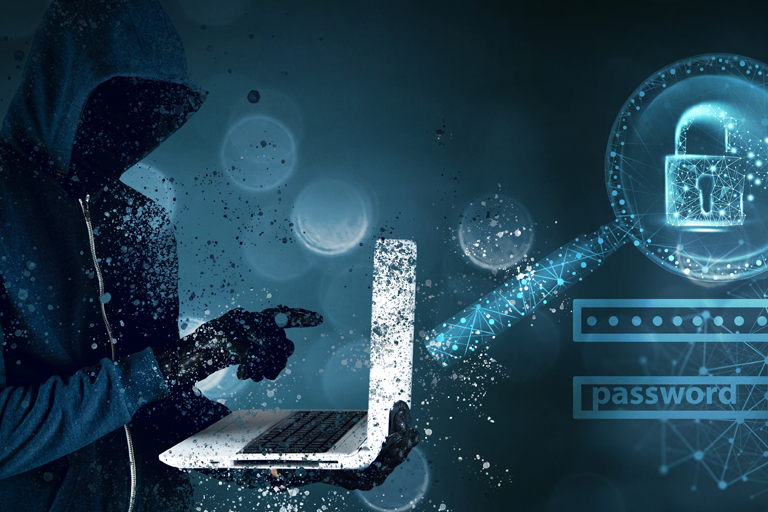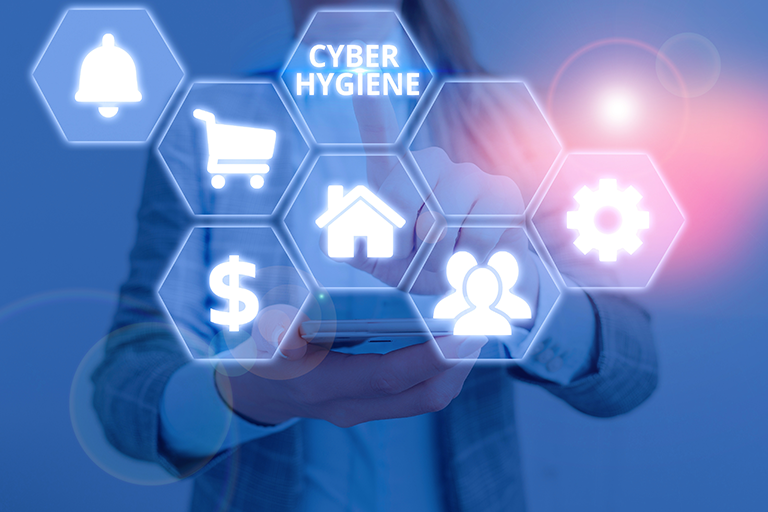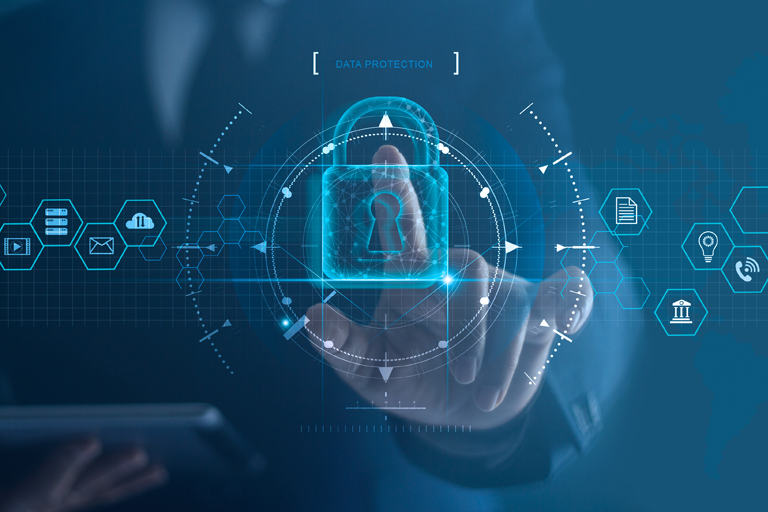Posts Tagged ‘Organisational security’
#LAYERUP for World Password Day this May
May 4th is already a popular date for fans of a certain sci fi franchise, but hopefully the date doesn’t just pass you by without you noticing it’s also World Password Day! Once you have stopped celebrating this momentous occasion and the cake is all gone, perhaps don’t groan too much at the idea of…
Read MorePhishing Scams 101
Phishing scams have become a pervasive threat to businesses of all sizes and industries. These attacks involve the use of deceptive emails, texts, and phone calls to trick individuals into divulging sensitive information or clicking on a link that infects their device with malware. The consequences of a successful phishing attack can be devastating for…
Read MorePassword protection pitfalls and how to avoid them.
What’s in a name? We are frequently reminded and prompted every time we make a new password to ensure it is ‘strong’ and not easily guessable or hackable by bad actors and hackers. Despite these warnings many people still use repeated passwords or combinations of names of loved ones and birthdays or other significant dates…
Read MoreHow to build brand trust online
Brand theft and ‘form jacking’ In our recent articles we have been discussing the scope of online threats and the ways you can protect and mitigate against cyber-attacks. Be they through your email, connected networks or digital assets, these threats exists and one issue this has created that we haven’t yet touched upon is an…
Read MoreKeep up to speed with Cyber Security
In a previous post we looked at Cyber Hygiene and the importance of building cyber security practices into the heart of your operations. In this article we will be furthering the philosophy that prevention is better than cure, with a comprehensive list of resources that can help you keep up to speed with the rapid…
Read MoreCyber hygiene – prevention is better than cure
What is cyber hygiene Cyber hygiene is an ordered routine of specific tools, checks and practices which safeguard the handling of essential data, and secure networks and ‘attack surfaces’ (the areas in your network that are vulnerable to attack). Cyber hygiene practices are specific to the needs of the organisation and of specific individuals or…
Read MoreWhy does your organisation need a cyber security policy?
In our last post we discussed the impact of our working from home (WFH) and hybrid remote working styles on organisational security. The context for this is a rapidly expanding cybersecurity sector and a critical level of cyber-attacks from hackers in response to new technologies and software that seek to prevent them. In turn there…
Read MoreWhat will hybrid remote work styles mean for organisational security?
Working from home (WFH) and remote working are terms we have become extremely familiar with over the last few years. As many businesses were forced into a remote, work from home setup overnight, there has been a deficit of contact and flexibility that hybrid working has the potential to address now we can return to…
Read MoreWhy Email Encryption Projects Fail and How to Make Sure Yours Doesn’t
All too often we meet companies who tell us how their last email encryption solution didn’t work for them. They found themselves with a provider that did not deliver or perhaps they anticipated so much more then what was actually delivered. If a solution to a problem creates more problems than it solves – you…
Read More






